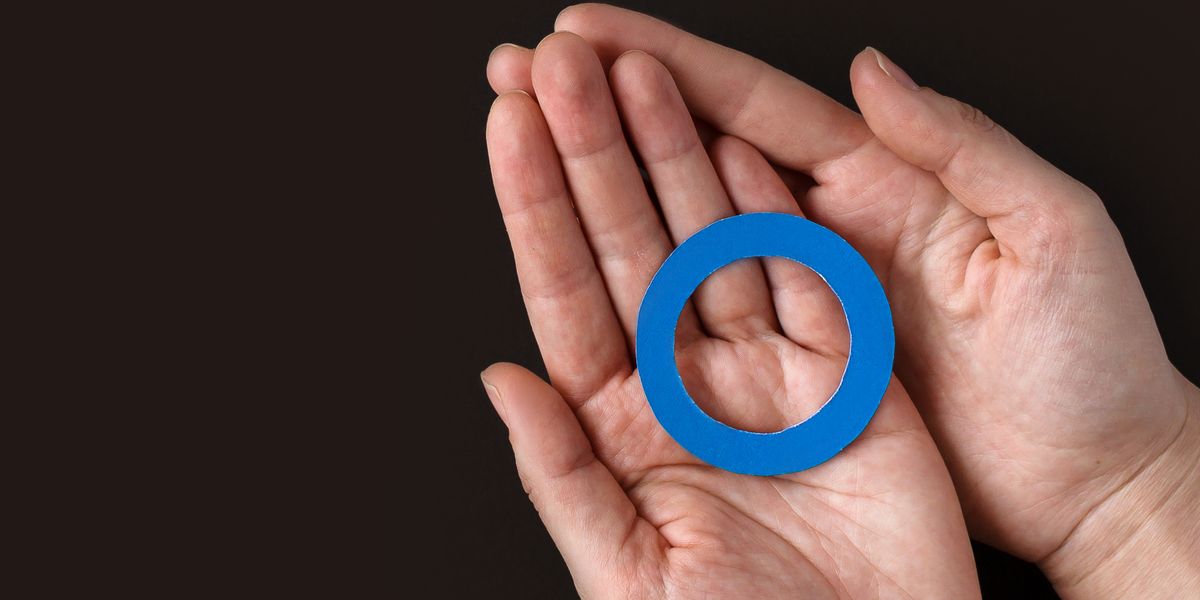The most crucial part of coming to terms with the diagnosis is to learn to LIKE yourself as a person with diabetes. Although it’s rarely talked about by your diabetes doctor or nurse, it is really important to come to terms with the fact diabetes is now a part of your identity.
It is invaluable to learn to ‘like’ your life even if it includes the ups and downs of managing diabetes. Sounds tough? It doesn’t have to be.
Here are four steps to help you:
Learn
Learn all you can about diabetes. Obtain information from your healthcare team, borrow some books from the library, join a diabetes support group or the Diabetes forum and learn from others who have been through what you are experiencing and can offer you their ‘expertise by experience’.
Inquire
Inquire about how you can improve your daily life of coping with diabetes. Is there an educational course you can attend, such as DAFNE if you’re type 1 or DESMOND if you’re type 2? Ask your diabetes team about how to be referred to one of these free courses.
Ask your diabetes team about how to be referred to one of these free courses. Would a kit bag for your diabetes equipment help you to feel more in control? A particular blood glucose meter? Any tool or opportunity that helps you feel more in control of your diabetes is worth exploring.
Kindness
Show yourself some kindness and go easy on yourself.
It is common to experience a range of painful and powerful emotions towards your diabetes – anger, sadness, guilt, rage, regret; or sometimes a deep sense of numbness which can be equally challenging to grapple with.
These emotions can feel intense and overwhelming – you have encountered a loss and in the same way as any loss, you can’t expect to feel your usual self straight away.
However, know that these painful feelings can and will pass.
Express Emotion
Many of us feel we need to be ‘strong’ and keep our emotions about our diagnosis hidden. However it is actually a healthier and therefore stronger response, to be able to express some of the (very natural) emotions you will be experiencing at this time.
Can you talk to a trusted friend?
Have a good cry?
Punch a pillow, do some exercise, write a journal, see a therapist? People are often tempted to use alcohol, cigarettes or other substances to manage and dull the overwhelming emotions they are experiencing, in an attempt to try to distance themselves from the painful reality they are living.
These substances are indeed shortcuts to feeling better in the short term. It is therefore very likely that you might feel a greater desire to use them in the midst of having to cope with a whole new range of feelings and all of the practical challenges that accompany diabetes.
However, you know that using these coping mechanisms for anything other than the very short term is not ideal. Yes, they mask the root problem – but the root problem is still there.
This is where techniques drawn from psychological therapies of coping can be helpful.
This is one of series of Psychology articles by Dr Jen Nash, a Clinical Psychologist who has been living with type 1 diabetes since childhood.







